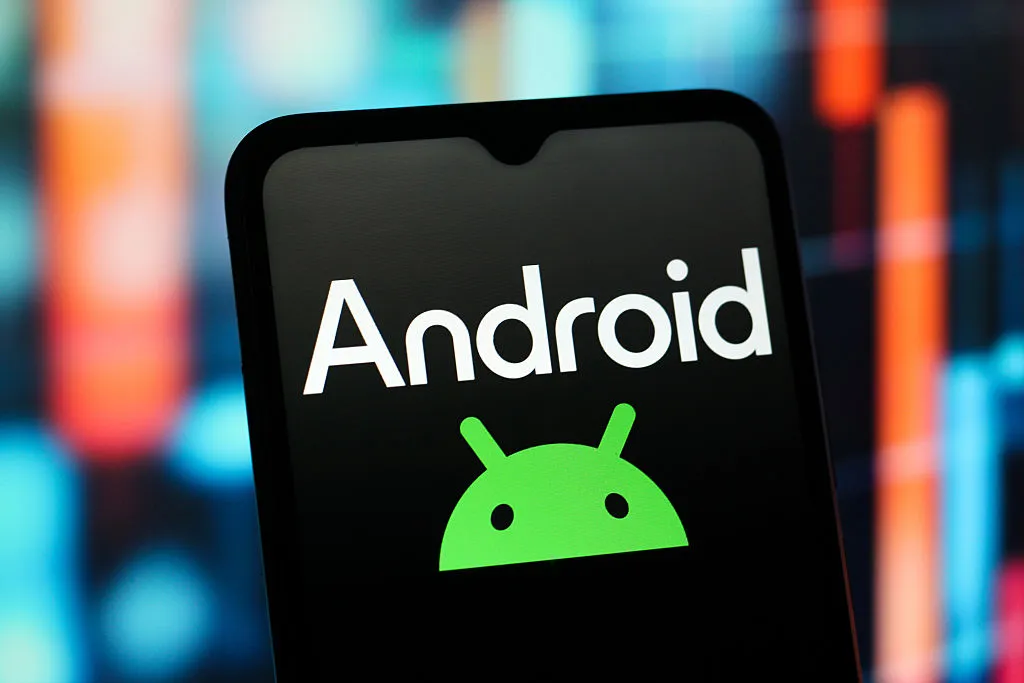Introduction
Google has announced a sweeping new security initiative: Google to Verify All Android Developers before they can distribute apps, both inside and outside the Play Store. This bold move aims to block malicious apps, prevent developer impersonation, and establish a consistent standard of accountability across the Android ecosystem.
Starting September 2026, the rules will go into effect in four countries—Brazil, Indonesia, Singapore, and Thailand—and will impact developers, app marketplaces, and end-users alike.
Why Google Is Verifying All Android Developers
Google has faced long-standing issues with malicious actors who exploit sideloading or third-party app stores to push fake apps. By enforcing developer verification:
- Accountability is strengthened – Malicious developers can’t easily reappear after bans.
- Users gain more trust – Apps must come from a verified source.
- Impersonation risks decline – Fraudsters pretending to be legitimate developers are curbed.
Timeline for Developer Verification
| Phase | Date | Region/Scope |
|---|---|---|
| Invitations sent | October 2025 | Early wave of developers |
| Open to all | March 2026 | Global rollout option |
| Mandatory enforcement | September 2026 | Brazil, Indonesia, Singapore, Thailand |
Suzanne Frey, VP of Product, Trust, and Growth for Android, confirmed that any app installed on a certified device in these regions must be registered by a verified developer.
Impact on Play Store Developers
For those already using the Google Play Store, little will change. Most Play Console accounts already comply with similar verification steps.
However, a new Developer Console account type is coming for:
- Students
- Hobbyist developers
This ensures that small-scale creators can still innovate without bypassing accountability standards.
The Problem with Third-Party Marketplaces
One of the biggest risks comes from sideloading apps or downloading from third-party app marketplaces. These platforms often lack robust protections, making it easier for:
- Malware
- Scam apps
- Impersonated apps
to spread quickly. Google’s new rules directly target this loophole.
Additional Security Layers Already in Place
This move builds on previous efforts, including:
- Blocking harmful sideloaded apps in Singapore, Thailand, Brazil, and India.
- D-U-N-S verification (2023): New organizational developer accounts must provide a valid business identifier before submitting apps.
Google’s Goals with Developer Verification
Google describes this as a “new layer of security” with three main objectives:
- Stop repeat offenders from redistributing malware.
- Reduce scams and fake apps that misuse trusted branding.
- Create a common-sense baseline of developer accountability.
Importantly, Google emphasizes that the update will preserve user choice while enhancing security for all.
Broader Context: Antitrust and Play Store Reforms
This change comes at a time when Google faces legal and competitive pressure:
- Following an Epic Games antitrust lawsuit (2020), Google may need to allow competing app stores to distribute through Google Play.
- Rivals could also gain access to the Play Store’s full app catalog, reshaping the ecosystem.
The new verification rules could strengthen Google’s security position while opening the platform to wider competition.
FAQs: Google to Verify All Android Developers
1. When will developer verification become mandatory?
Starting September 2026, in Brazil, Indonesia, Singapore, and Thailand.
2. Does this affect apps only on the Google Play Store?
No. Verification applies to all apps on certified Android devices, even those outside the Play Store.
3. Will student and hobbyist developers still be able to publish apps?
Yes. Google plans to launch a separate Developer Console account type for them.
4. Why is Google focusing on these four countries first?
Because these regions face significant risks from malicious sideloaded apps.
5. How does this affect app security overall?
It creates a baseline of accountability, making it harder for scammers to re-enter the ecosystem with fake apps.
6. Is this related to the Epic Games lawsuit?
Indirectly, yes. While the lawsuit pushes Google to open its app ecosystem, the verification ensures security remains intact during those reforms.
Conclusion
The decision by Google to Verify All Android Developers marks a turning point in Android’s security strategy. By requiring identity checks across both the Play Store and third-party sources, Google is building a stronger defense against malware, scams, and impersonation attacks.
For developers, the impact will be minimal if they’re already verified. For users, it’s a big win in terms of trust and safety. As Google balances security with user choice, this new system could set the stage for a more open yet safer Android ecosystem in the years ahead.

